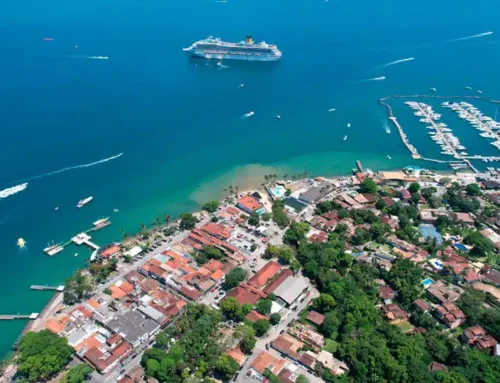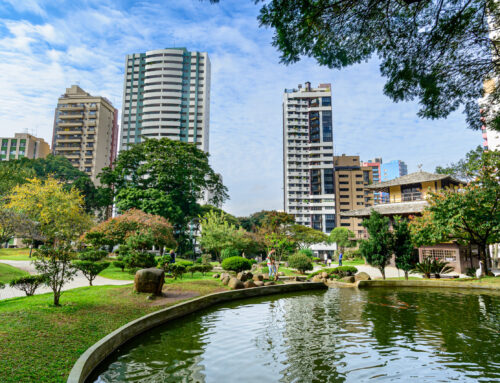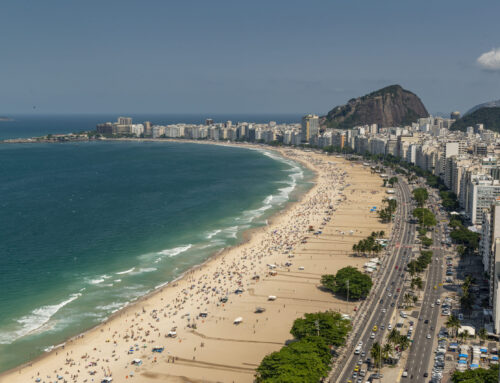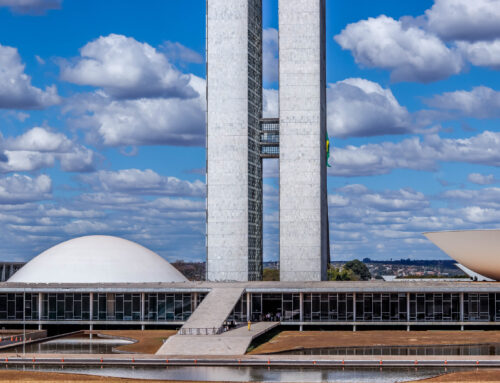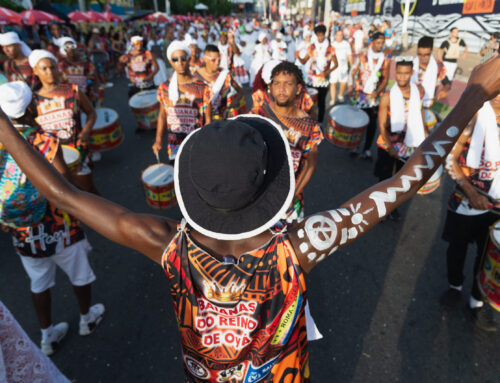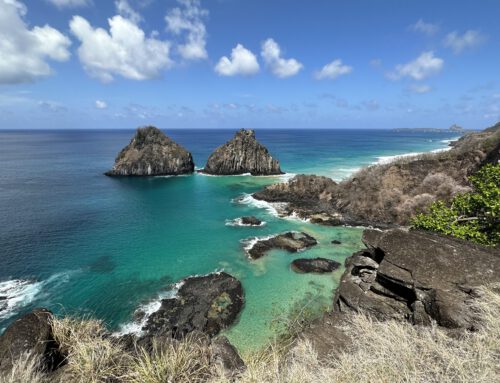Brazil, a country of continental dimensions, is divided into five major regions, each with its own particularities and charms. Among them, the North Region stands out as the largest in area, covering an impressive 3,850,593.10 km². With a population density of only 4.51 inhabitants per km² and a total population of 17,354,884, this region offers a unique experience of vastness and relative isolation, immersed in the world’s largest tropical rainforest.
States and Capitals
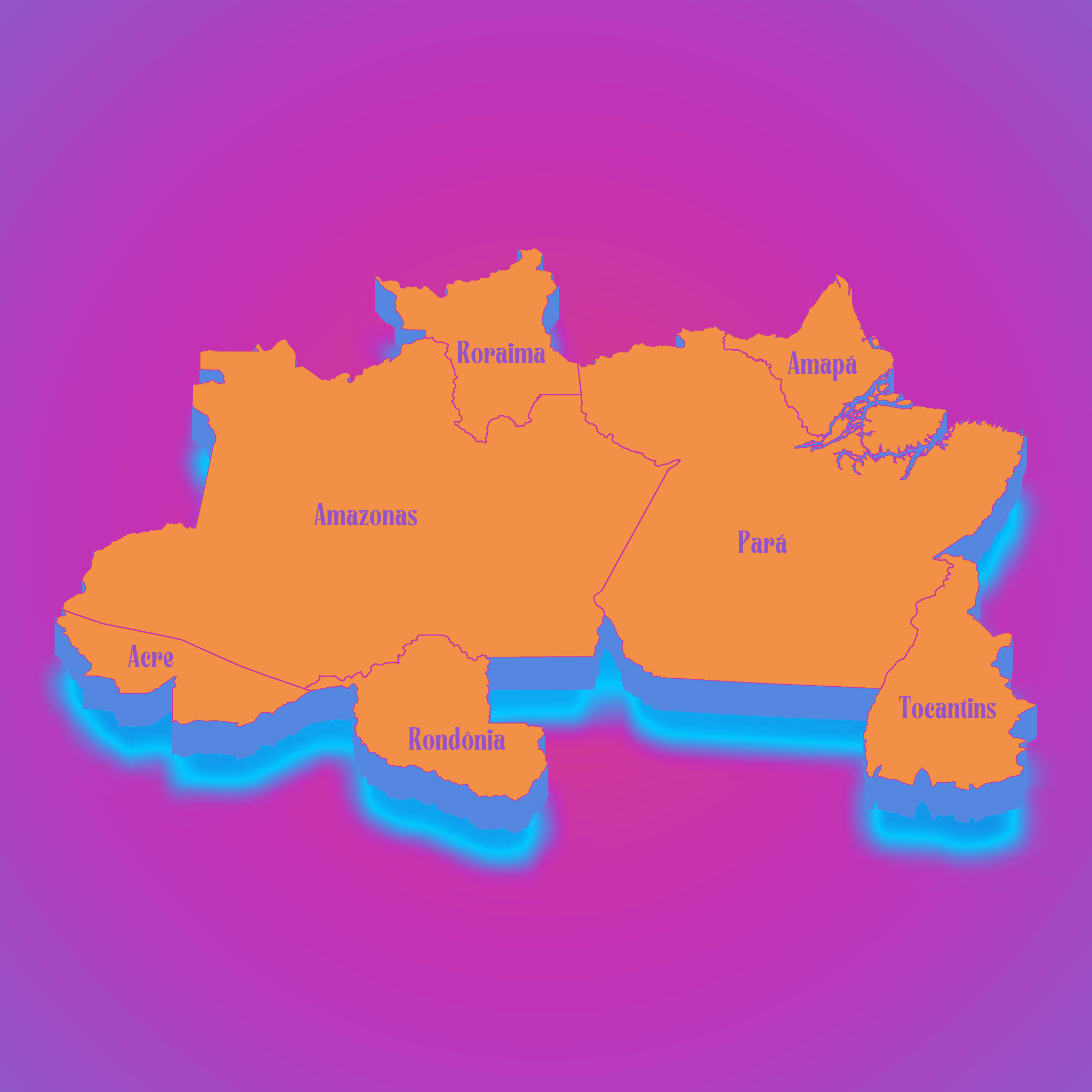
Acre (Rio Branco)
Acre, with its capital Rio Branco, is a state rich in stories and culture. Its journey as part of Brazil began with the Acre Revolution, a conflict that defined its borders and identity in the early 20th century. This Amazonian state is renowned for its strong connection to nature and the environmental movement, having been the stage for significant struggles such as those led by environmentalist Chico Mendes. Acre also stands out for its natural and cultural riches, including indigenous festivals and environmental preservation areas, offering visitors a unique immersion experience in the Amazon rainforest.
Amapá (Macapá)
Amapá, with its capital Macapá on the left bank of the Amazon River, is a state distinguished by its immense natural and cultural wealth. It houses a significant part of the Amazon Rainforest and is especially famous for the Tumucumaque Mountains National Park, one of the largest protected areas of tropical forest in the world. Amapá is also one of Brazil’s least explored locations, making it a fascinating destination for those interested in ecotourism and authentic experiences amidst preserved nature.
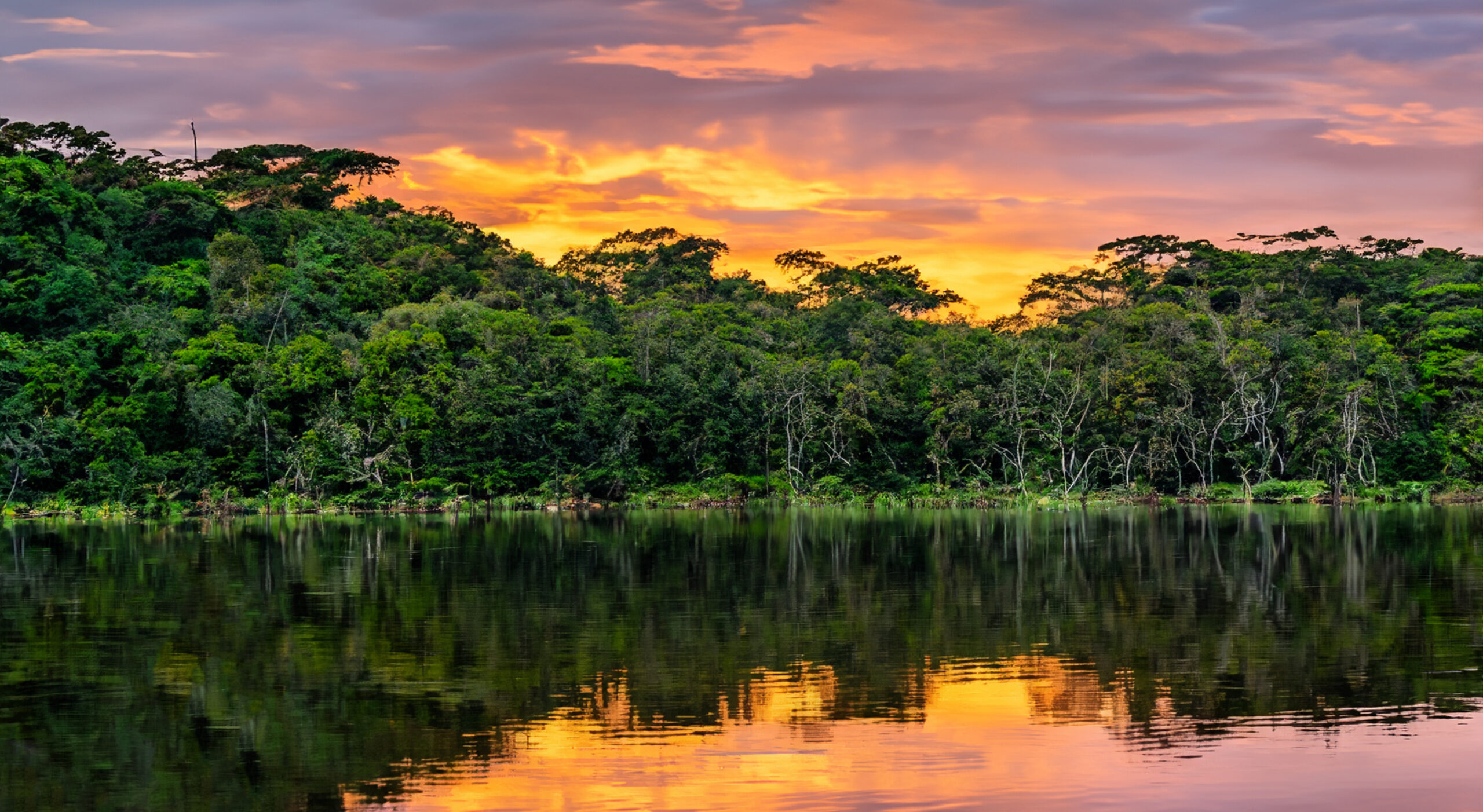
Amazonas (Manaus)
Amazonas truly pulses with the biodiversity and culture of the Amazon. Its capital, Manaus, serves as the main gateway for exploring the Amazon Rainforest, offering a vibrant combination of colonial history and modern innovations, such as the famous Amazon Theatre. The region is also celebrated for the natural phenomenon of the meeting of the waters of the Negro and Solimões rivers, which form the majestic Amazon River. This state not only captures the essence of the Amazon with its rich flora and fauna but is also a vital center for scientific research and environmental conservation.
Pará (Belém)
Pará, with its capital Belém, is among the most culturally and historically rich states in Northern Brazil. Known as the gateway to the Amazon, it annually celebrates the Círio de Nazaré, one of Brazil’s largest and most vibrant religious processions. The state is also famed for its natural landscapes, including the expansive Marajó Island, offering unique experiences with its beaches, rich fauna, and flora, along with traditional buffalo farms.
Rondônia (Porto Velho)
Rondônia, whose capital is Porto Velho, epitomizes the Amazon’s expansion and transformation. Emerging from the rubber boom, it later became the focus of intense agricultural colonization and infrastructure projects, like the famed Madeira-Mamoré Railway. The state is noted for its economic dynamism centered around agriculture and natural resource extraction. Rondônia also boasts unexplored natural beauties such as forests, rivers, and a rich biodiversity, drawing adventurers and nature lovers.
Roraima (Boa Vista)
Roraima stands out in the Brazilian landscape for its proximity to Venezuela and Guyana, offering a unique cultural blend. It’s famed for Mount Roraima, one of the oldest geological formations on Earth, attracting adventurers worldwide with its surreal landscapes and unique biodiversity. Roraima is also an important hub for studying ecosystems and indigenous cultures, providing deep insights into life in the less modernized Amazon.
Tocantins (Palmas)
Tocantins, Brazil’s newest state with its planned capital, Palmas, is noted for modernity and urban planning. Established in 1988, it exemplifies recent development in Brazil’s heart. Tocantins is renowned for natural beauties like the Jalapão State Park, a popular ecotourism destination with its dunes, rivers, and unique rock formations. The local culture is a vibrant fusion of indigenous and northeastern traditions, reflecting the state’s cultural diversity and richness.
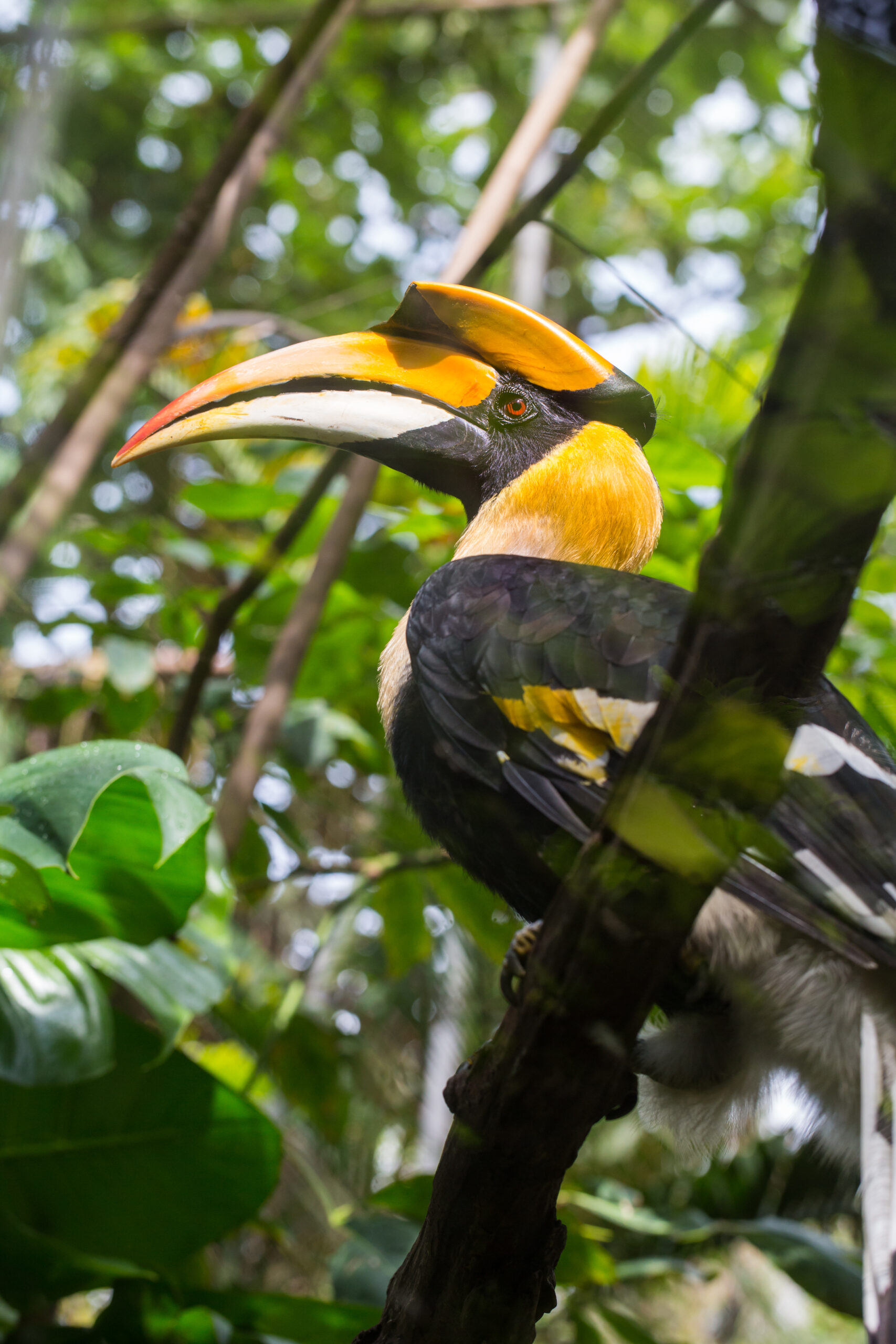
The Northern Region of Brazil is an open invitation to unforgettable adventures, offering a mix of culture, history, and nature matched by few places in the world. Come discover the secrets and wonders of this lush part of the planet!
Source: IBGE

